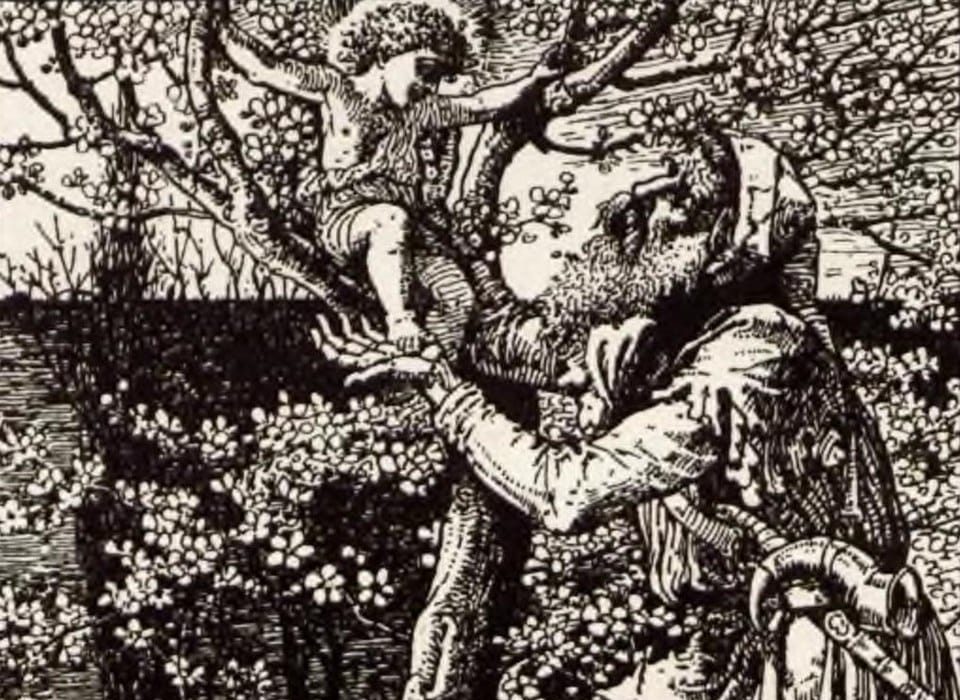In the literary realism movement, we have a great deal of authors and their novels doing some heavy lifting. In today’s post, a poem titled “I saw a man pursuing the horizon” by Stephen Crane will do the work.
Analysis of “I saw a man pursuing the horizon”
In the first stanza of the poem, Crane discusses seeing a man “pursuing the horizon.” For what purpose, we are yet to be sure. But, we know that as he watched the man, he goes “round and round,” speeding toward the destination.
Yet, the man’s strange pursuit “disturbed” the speaker. So, he engages the man. He tells him, “‘It is futile,’” I said, / ‘You can never–‘” Then the man cries, “You lie!” and runs on toward the horizon.
In this brief poem, Crane epitomizes a few things as it relates to human error. First, the poem addresses humanity’s fascination with futility. That is to say, even if something is not worth pursuing because it is hopeless, humanity has a way to strive straight for it head first. Second, Crane points out that no matter if humanity is confronted by their own ignorance, there narrowmindedness is so strident that even the obvious could not deter them.
Crane writes “round and round” not because the man is making a beeline toward the horizon. Rather that he is trapped in a desert loop, forever hunting for the horizon. It is in this realization that we understand the mocking nature that man must presume he is near when laboring under delusions. In “I saw a man pursuing the horizon,” Crane is letting his cynicism outward into the light. In other words, humanity will have their joyous ending whether it is there or not, and whether it kills them in following it or not.
The poem fits the literary realism only in its pessimistic view of humanity. It is certainly a view fellow literary realist writer Mark Twain would agree with. The desperate nature for humans to get what they want is unquenchable in Crane’s eyes. That does ring true if one considers historical accounts of bad decisions and outright irrational behavior for something as grand as catching the horizon.
Works Cited
Crane, Stephen. “I Saw a Man Pursuing the Horizon.” The Red Badge of Courage, Dover Publications, 1997, pp. 171-172.





Leave a comment